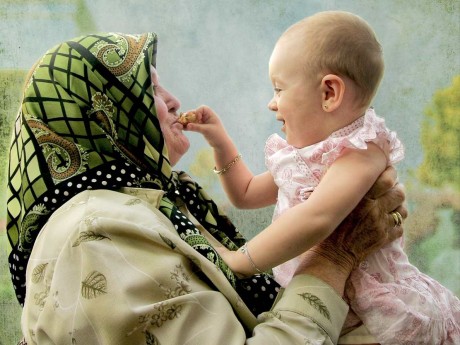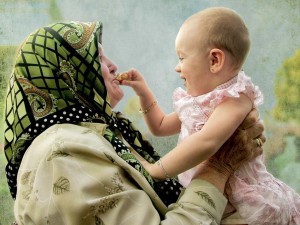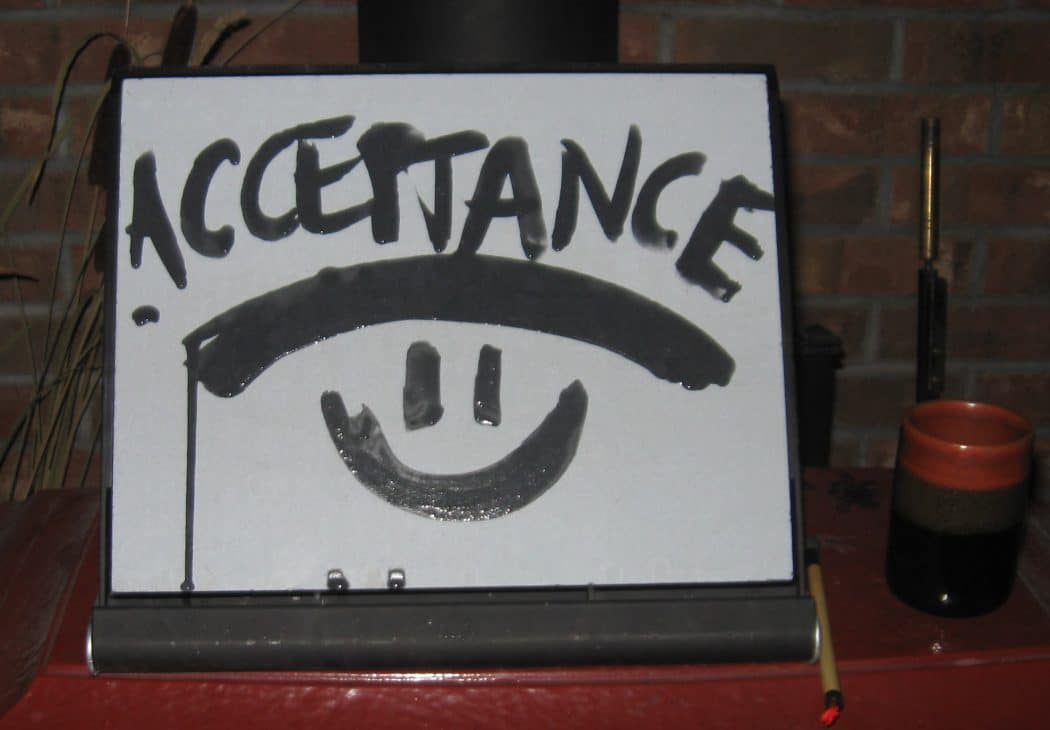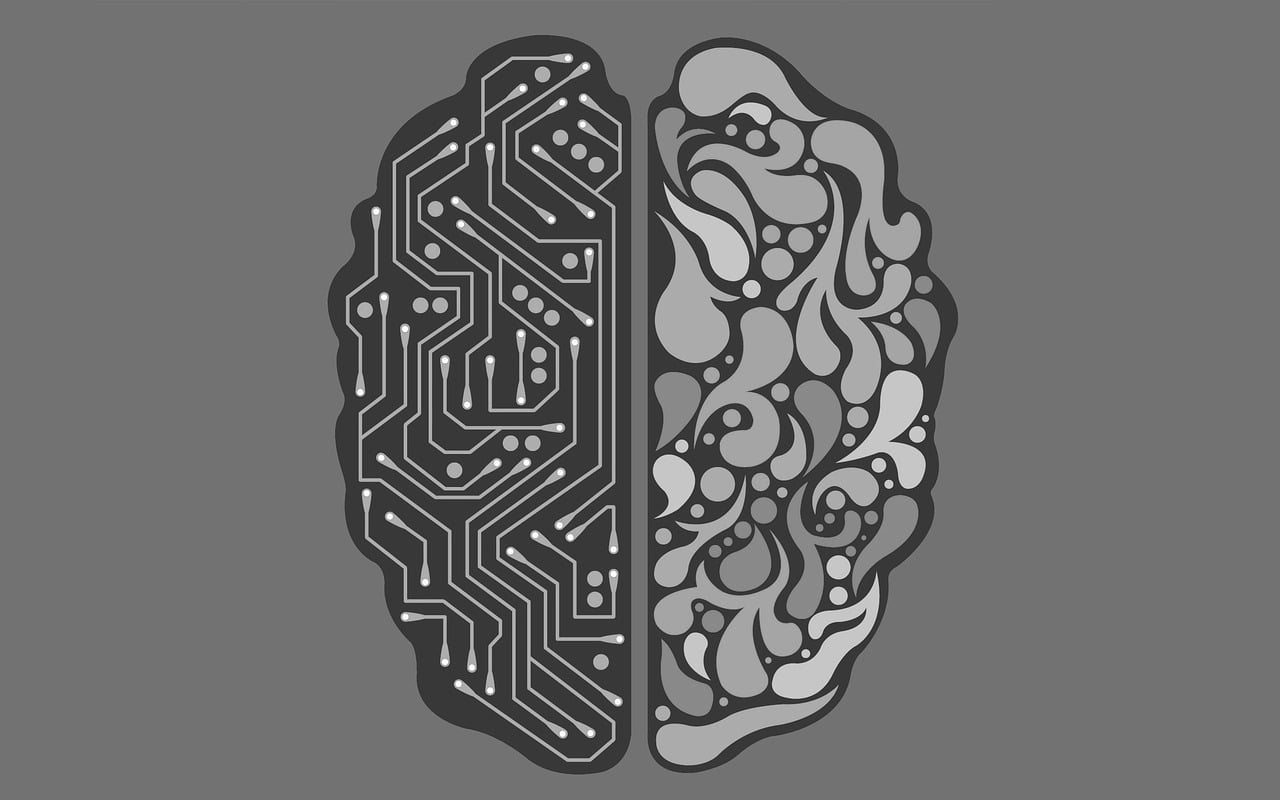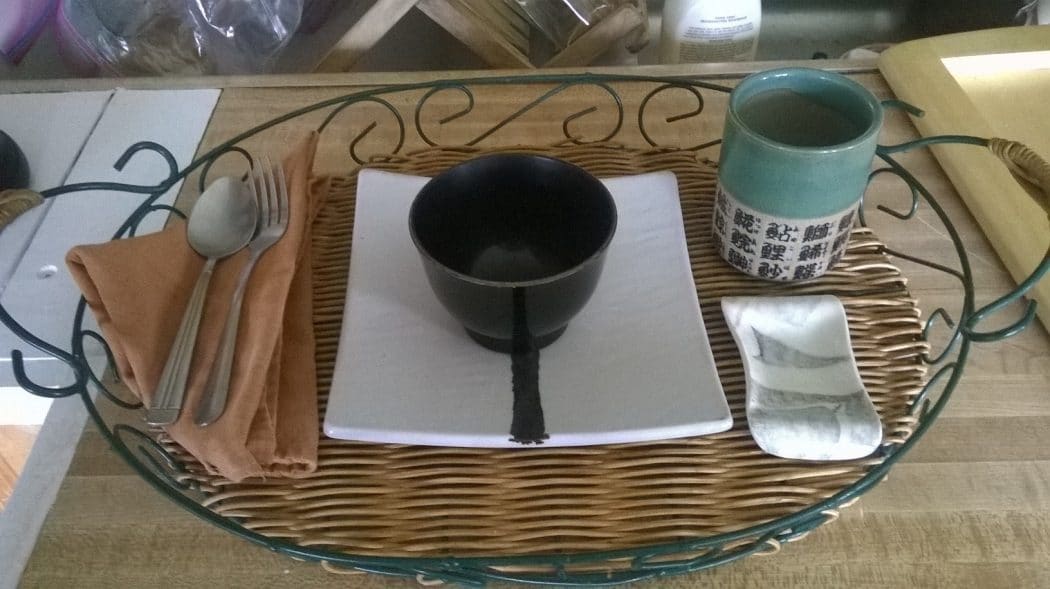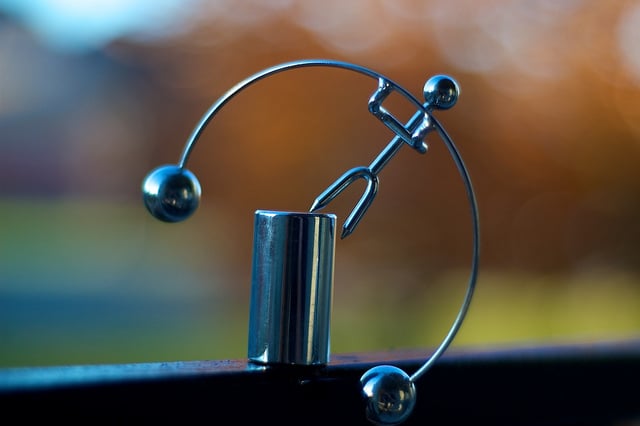Several of my friends have found themselves in the role of caregivers for husbands who are struggling with memory loss stemming from dementia and Alzheimer’s. In one case, my friend was having a conversation with her husband about the subject of memory loss. He said to her:
“Throughout life, whether you’re a kid, adolescent, young adult, middle-age, or old age, you constantly gain something and lose something with passage of time . . . we both gain and lose at the same time.”
I think there is great wisdom in his statement. Most of us have a tendency to focus on our losses, particularly as we age. We need to consciously bring our attention to what we have gained, or our experience is simply one of loss, loss and more loss until we believe we have lost everything.
I’d like to suggest that it is more natural to focus our attention on what is missing or gone than what is present. As an example let’s consider coffee. I enjoy having a hot cup of coffee in the morning. Taking that first sip has become a mindfulness practice for me. I feel the heat of the cup in my hand. I take a deep whiff of the aroma. I mentally watch that first sip of hot coffee enter my mouth and travel down my throat leaving a legacy of warmth in its wake. 
On occasion, I have run out of coffee and on such mornings I am aware of the sting of disappointment that occupies my mind and I watch my mind preach to me about how foolish I was because I was at the supermarket yesterday and was within 15 feet of the coffee section and could have easily purchased some with almost no effort. Since it was my mind that forgot to do this, you would think it would have a less judgmental tone to its lecture, but it speaks as if somehow it has no responsibility in the matter.
Because I live in the foothills of Vermont, there is no Starbucks down the road, so I simply went without coffee that morning. But I am acutely aware, at various moments throughout the morning, that I am missing that cup of hot coffee. “Get over it,” my mind responds. “You get over it,” I answer back.
Yet on most mornings I do have access to a hot cup of coffee. And as mindful as I am of that first sip (and maybe the second or third) my appreciation for that coffee doesn’t last very long. I’m soon caught up in my morning work and tasks and I’ve become accustomed to having that coffee right there when I want a sip, so you might say I take it for granted.
I’m suggesting, therefore, that we are more likely to miss something when it’s gone, than appreciate it when it’s there. This isn’t just about coffee – it’s about our kids, our parents, our pets, our physical ability to run and jump, our hair, our eyesight and even our memory.
When we lose s omething, we often gain something as well. But that’s harder to discover, and even harder to appreciate. When I can’t have coffee, what have I gained? Well, in most cases, I have a cup of green tea, instead. But nine times out of ten, when I’m drinking that cup of green tea, my mind is thinking, “Boy, I really wish I had coffee instead of tea.” The fact is that I am receiving a hot cup of tea, but I don’t truly appreciate it because, subjectively, I find it less pleasurable than coffee.
omething, we often gain something as well. But that’s harder to discover, and even harder to appreciate. When I can’t have coffee, what have I gained? Well, in most cases, I have a cup of green tea, instead. But nine times out of ten, when I’m drinking that cup of green tea, my mind is thinking, “Boy, I really wish I had coffee instead of tea.” The fact is that I am receiving a hot cup of tea, but I don’t truly appreciate it because, subjectively, I find it less pleasurable than coffee.
So we have to work at recognizing and appreciating our gains, while the sadness and regret over our losses is very natural. When I say “work” I mean we have to consciously and skillfully direct our attention to the “facts” of what we are receiving instead of only noticing our “feelings” about what we are missing.
The cycle of birth and death goes beyond our human life. It reaches down to the cellular level of all life. Cells die while new cells are created. We breathe in oxygen and breathe out carbon dioxide. 
So I can shift my attention to what I have gained in the past day: I have a new book to read, my hair is a bit longer, I saw the first red salamander of the Spring on the driveway, I received a letter from a man in prison, I had a new idea this morning (at least new for me), I heard a recording of a woman singing stormy weather that I never heard before.
When we lose something, it creates an opening in space and time. And what comes to fill that opening is what we gain — even if the opening is filled with silence, something valuable has been gained.
We are challenged to see gain, and not only loss. We are challenged to notice facts, and not just be captured by our feelings. Rising to these challenges is how we cope with the passage of time, and the aging of our bodies, without being drowned in our own sorrow. Rising to these challenges is how we open the door to a bit of joy and invite it in for coffee (or tea).
Gregg Krech is a leading authority on Japanese Psychology and author of several books, including The Art of Taking Action: Lessons from Japanese Psychology. He will be teaching a 30 day online program called, The Art of Taking Action – Starting the Unstarted and Finishing the Unfinished sponsored by the ToDo Institute, beginning March 1, 2017.
Tags: Acceptance Aging gratitude Mental Wellness Mindfulness Thirty Thousand Days
